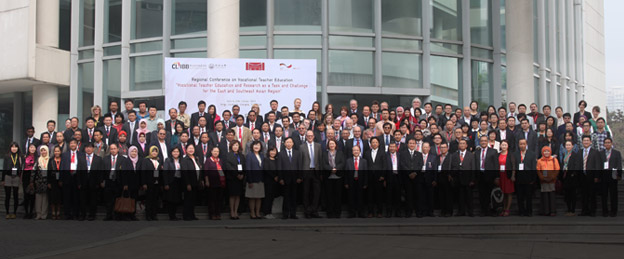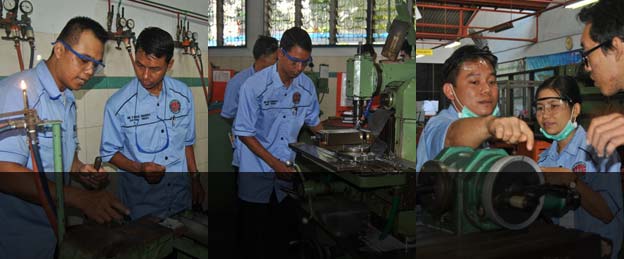Transferable skills in Technical and Vocational Education and Training (TVET): Implications for TVET teacher policies in Indonesia
Transferable skills are an essential part of the desirable outcomes of vocational education and have therefore become the focus of the Indonesian vocational education... Read more.
Occupational competence needs analysis as a basis for TVET curriculum development
Rapid changes occurring in the world of work persistently challenge the actors of technical and vocational education and training (TVET) to update vocational curricula... Read more.
New approaches to engineering education in the wind power sector in northern Germany
Wind power is a dynamically developing sector in Germany, fuelled by the need to combat climate change and by the German government's decision to shut down all nuclear... Read more.


